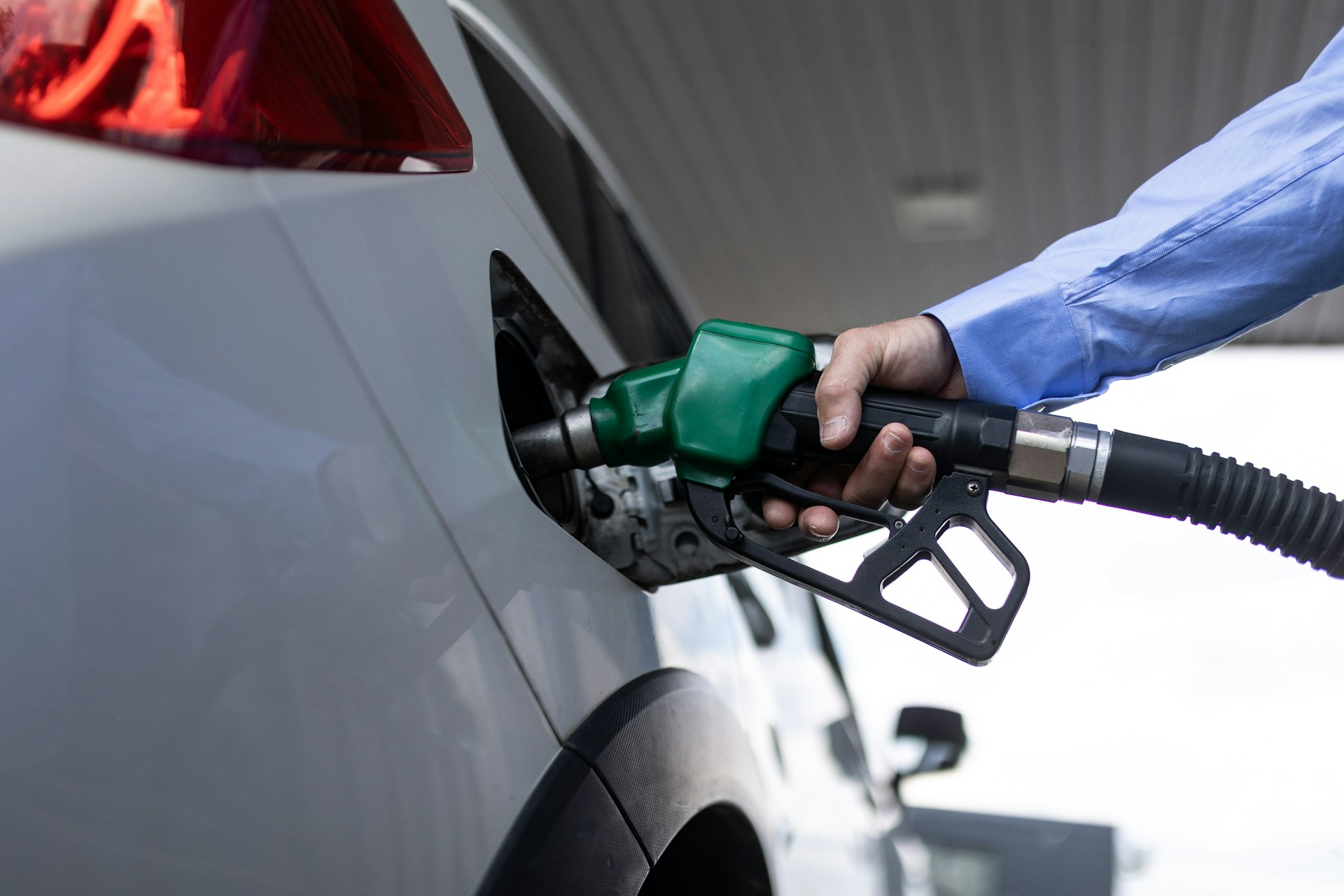
Diesel vehicles are often praised for their impressive fuel efficiency and robust performance. They provide great mileage, which means fewer stops at the pump and more money saved. But there’s always room for improvement, and a few easy tweaks can make your diesel vehicle run even more efficiently.
Understanding what affects fuel efficiency is key. Things like how you drive and how well you maintain your vehicle play an important role. Once you understand these factors, you can start making changes that will stretch every tank of diesel a little further.
Investing time into improving fuel efficiency is worth it. Whether it’s a smoother ride or lower fuel costs, these simple improvements can have big benefits for you and your vehicle. So let’s dive into how you can make the most of your diesel engine’s potential.
Diesel engines stand out because they are generally more fuel-efficient than gasoline engines. This efficiency mainly comes from the way diesel engines operate. They use high compression to ignite the fuel, which allows them to extract more energy from each drop of diesel fuel. This process leads to better fuel economy, especially over long distances, making diesel vehicles a popular choice for those who drive a lot or transport heavy loads.
Several factors can affect how efficiently a diesel engine uses fuel. One important factor is engine load. When a vehicle is carrying heavy cargo or going uphill, the engine has to work harder, consuming more fuel. Driving conditions also play a big role. Stop-and-go traffic can lower fuel efficiency, while smooth, steady driving on highways helps maintain it.
To improve mileage, focusing on optimizing these aspects is crucial. For example, reducing unnecessary weight in your vehicle can lessen the load on the engine. Planning your trips to avoid heavy traffic and sticking to routes with less stop-and-go traffic can enhance fuel economy.
These simple changes can lead to noticeable improvements in your fuel efficiency. By understanding and managing these factors, you can make the most out of every gallon of diesel your vehicle uses.
The way you drive has a significant impact on fuel efficiency. One of the most effective ways to save fuel is by practicing smooth driving techniques. Accelerating gently and maintaining consistent speeds can help the engine run more efficiently. Quick starts and sudden stops consume a lot of fuel, while gradual acceleration and braking use less.
Reducing idling time is another way to save fuel. If you find yourself stopped for more than a minute, like at a long red light or while waiting in a carpool lane, turning off the engine can help conserve fuel. Using the right gear is also important. Driving in the highest suitable gear helps reduce engine RPMs, which in turn saves fuel.
Here are some daily driving habits that can help you save on fuel:
By fine-tuning these driving habits, you can stretch your fuel efficiency further and keep your diesel engine running smoothly. These small changes can make a big difference in the long run, helping you save money on fuel and making your driving experience more enjoyable.
Keeping your diesel vehicle in top shape is crucial for maintaining fuel efficiency. Regular vehicle maintenance helps the engine run smoothly and use fuel more wisely. One vital task is getting regular oil changes. Clean oil cuts down friction inside the engine and helps it run more efficiently, thus saving fuel.
Air filters also play a critical role. Clogged air filters can restrict airflow to the engine, making it work harder and burn more fuel. Checking and replacing air filters when needed ensures the engine receives enough air, boosting fuel economy.
Tire pressure is another important factor. Under-inflated tires increase rolling resistance, which requires the engine to use more power and fuel. Keeping tires properly inflated is a simple step that can lead to noticeable improvements in fuel efficiency. Regularly checking tire pressure and adjusting it to the recommended level can result in better gas mileage and longer tire life.
These maintenance tasks may seem small, but they add up significantly. By keeping up with oil changes, air filter replacements, and tire pressure checks, you not only maintain optimal fuel efficiency but also reduce the risk of costly repairs down the line.
Technology offers many tools to help monitor and improve fuel efficiency in diesel vehicles. One handy device is a vehicle diagnostic system. Modern diagnostic tools provide real-time data on engine performance, helping you catch issues early and maintain efficiency.
Fuel additives are another option. They can clean the engine and fuel system, improving combustion and reducing fuel consumption. Adding these can be a simple way to enhance performance and save on fuel costs.
GPS systems and fuel efficiency apps can also help. These tools optimize driving routes, reducing time spent idling in traffic and finding the quickest way to your destination. Fuel efficiency apps track fuel usage and provide insights on how to optimize driving habits.
Additionally, some vehicles come with built-in features that enhance efficiency. Look for options like automatic start-stop systems that turn off the engine when the vehicle is stationary. These innovations contribute to better overall fuel economy by minimizing unnecessary fuel use.
Improving fuel efficiency in your diesel vehicle doesn’t require drastic changes. Simple steps like regular maintenance, smart driving habits, and using available technology can make a significant difference. Each mile you drive more efficiently helps reduce fuel costs and lowers emissions, benefiting both your wallet and the environment.
Practicing these strategies will prolong the life of your vehicle and keep it running at its best. It’s all about small changes that lead to big savings, both in fuel and in the longevity of your vehicle’s engine. Emphasize these changes on a daily basis, and you will likely notice a smoother, more economical ride over time.
For those looking to optimize their vehicle’s efficiency further, Airline Auto Parts offers a range of quality auto parts in Houston, TX, and expert advice. Whether you need a part replacement or just some guidance, we’re here to help. Explore our extensive inventory and benefit from our superior customer service. Let us support you in your journey towards greater fuel efficiency and vehicle performance.
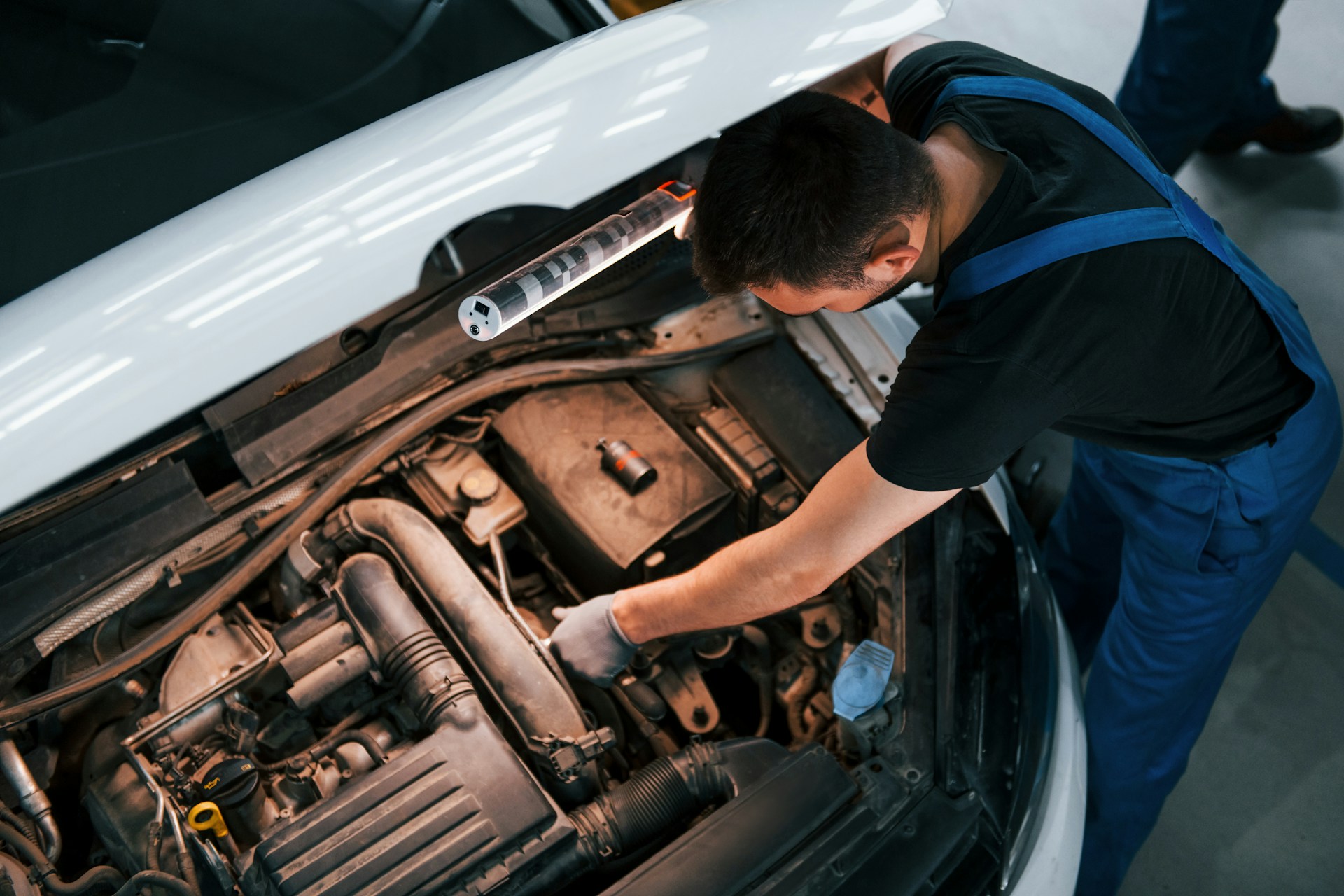
November 30, 2025 Getting the Most Out of Your Diesel Engi...
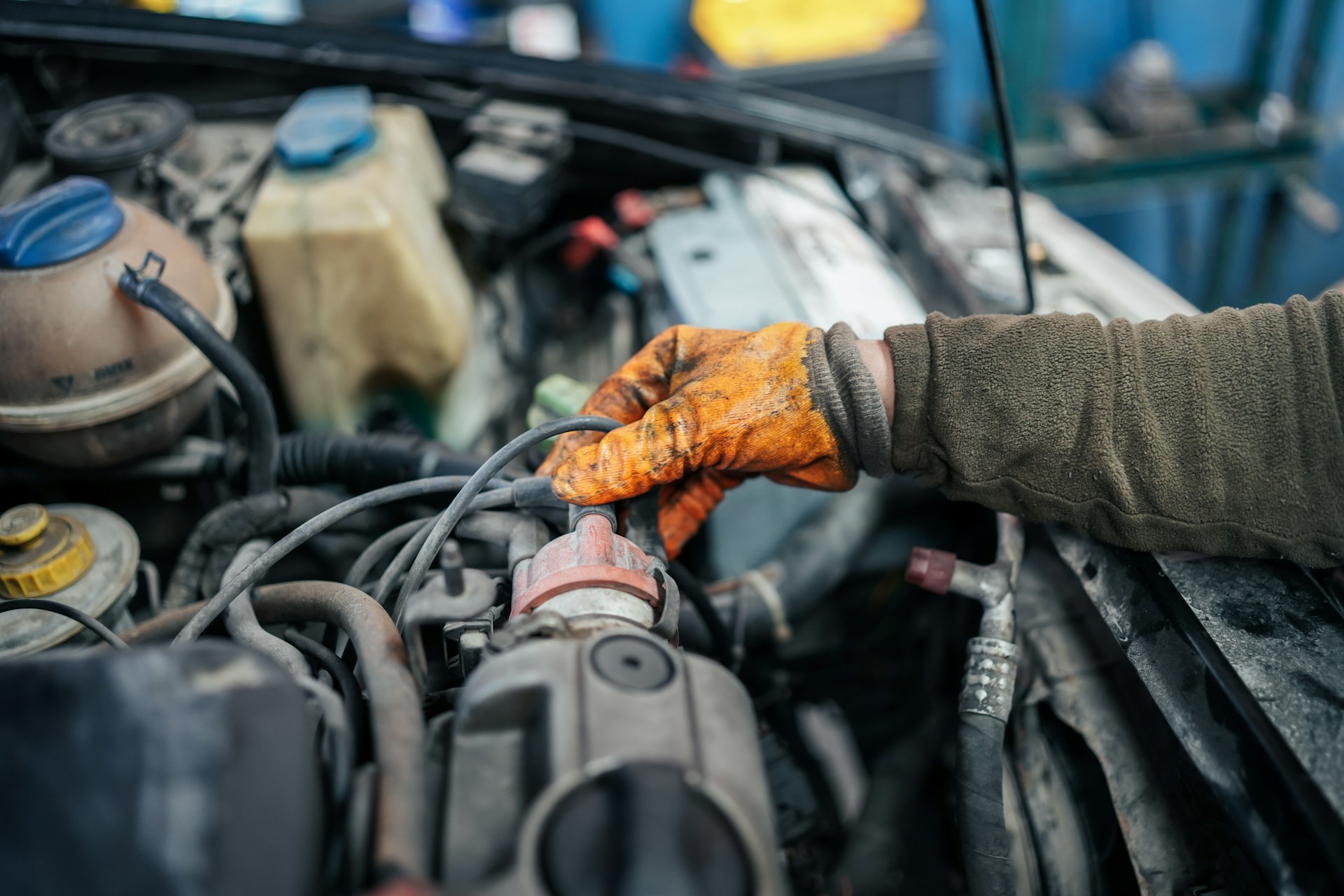
Why Regular Maintenance is Key for Diese...
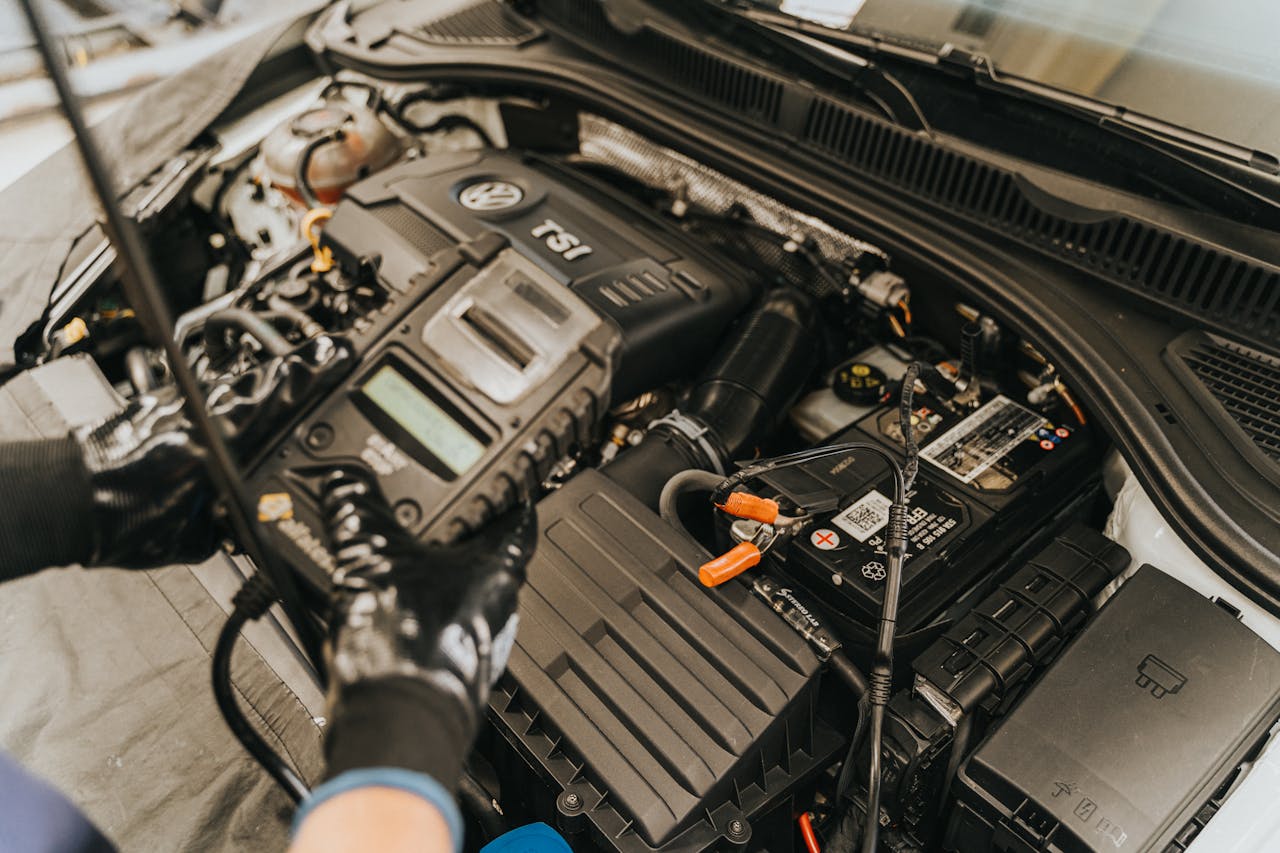
November 23, 2025 Practical Tips for Buying Second-Hand Au...
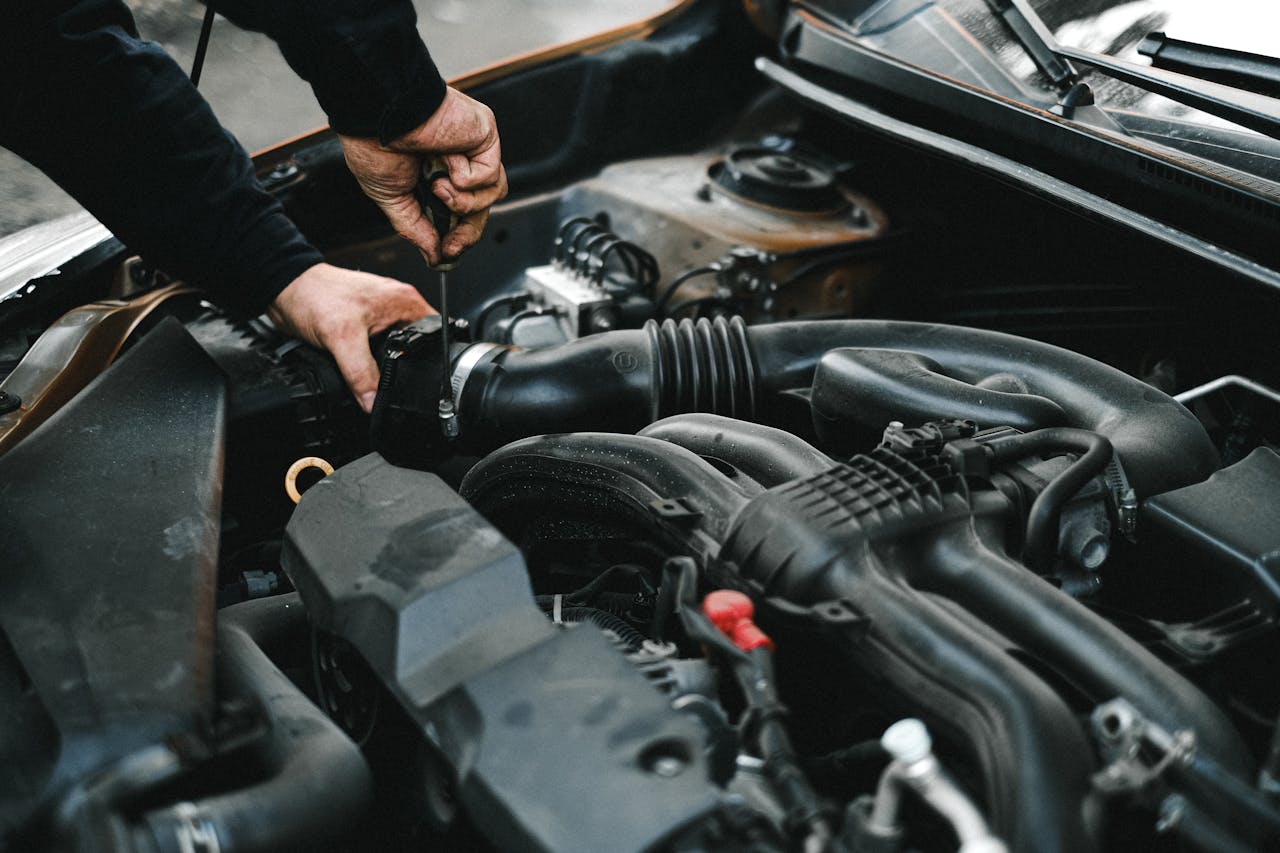
How to Spot Signs of Wear in Diesel Engi...
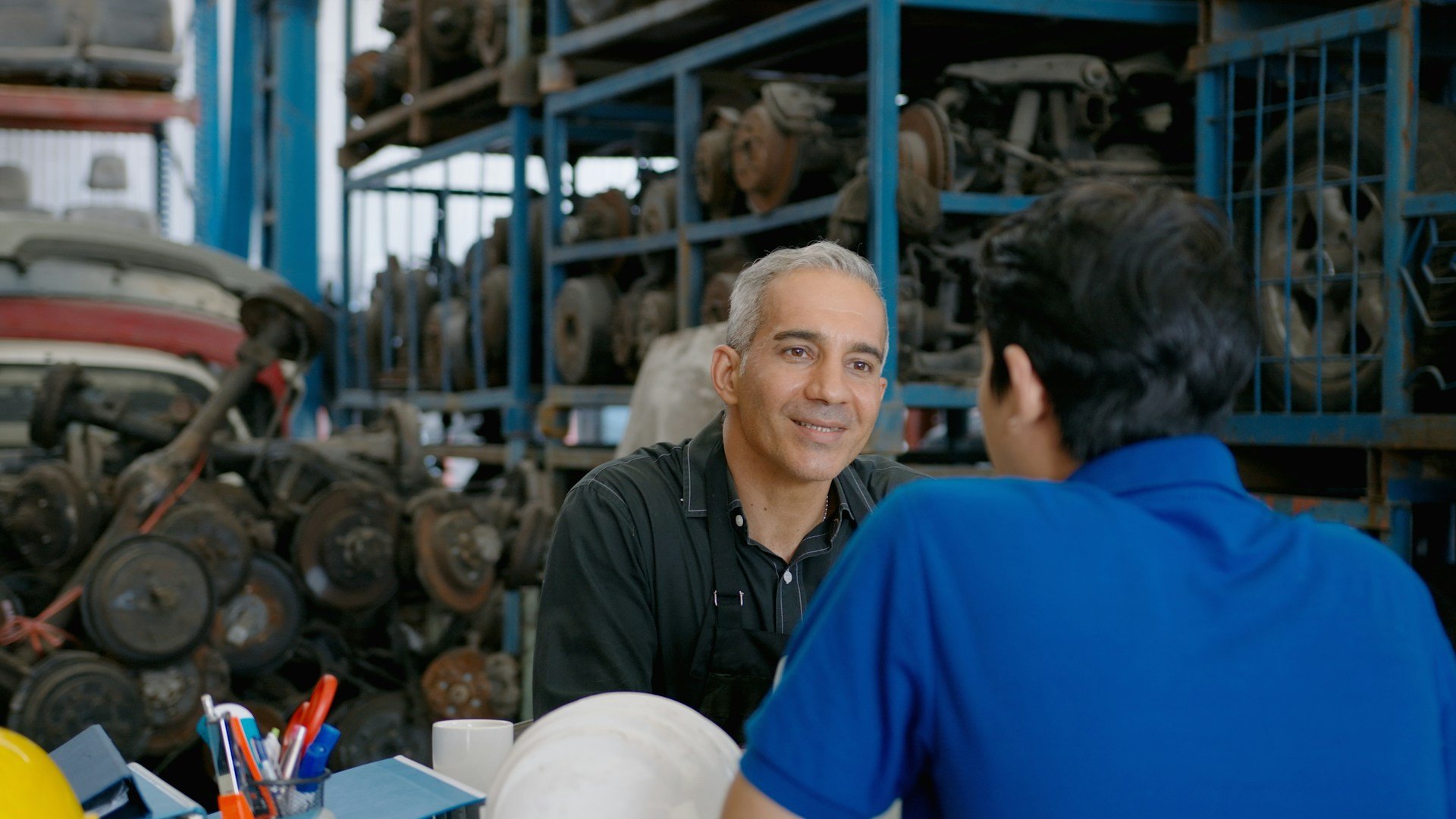
November 17, 2025 Why Choose Recycled Auto Parts for Your ...
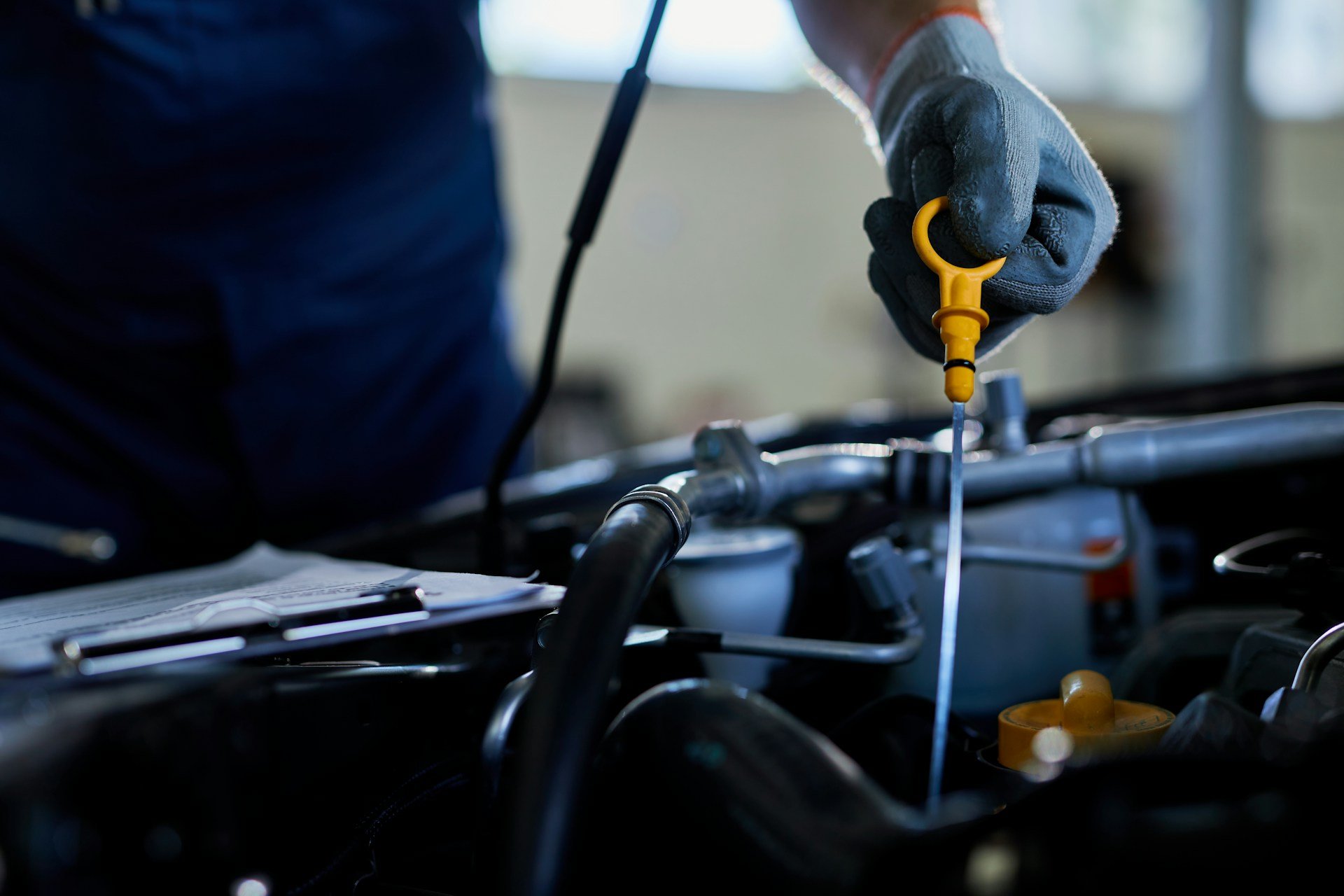
Common Pitfalls When Buying Used Vehicle...

November 9, 2025 Pre-Winter Checklist for Diesel Engines

How to Save Money with Salvage Yard Auto...

November 2, 2025 The Benefits of Regularly Updating Your ...

FAQs About Used Diesel Engines
Leave a Reply